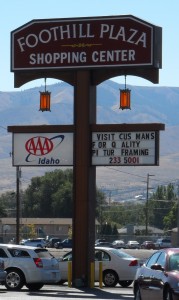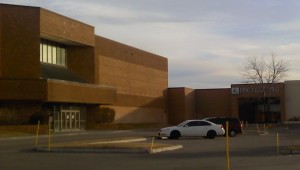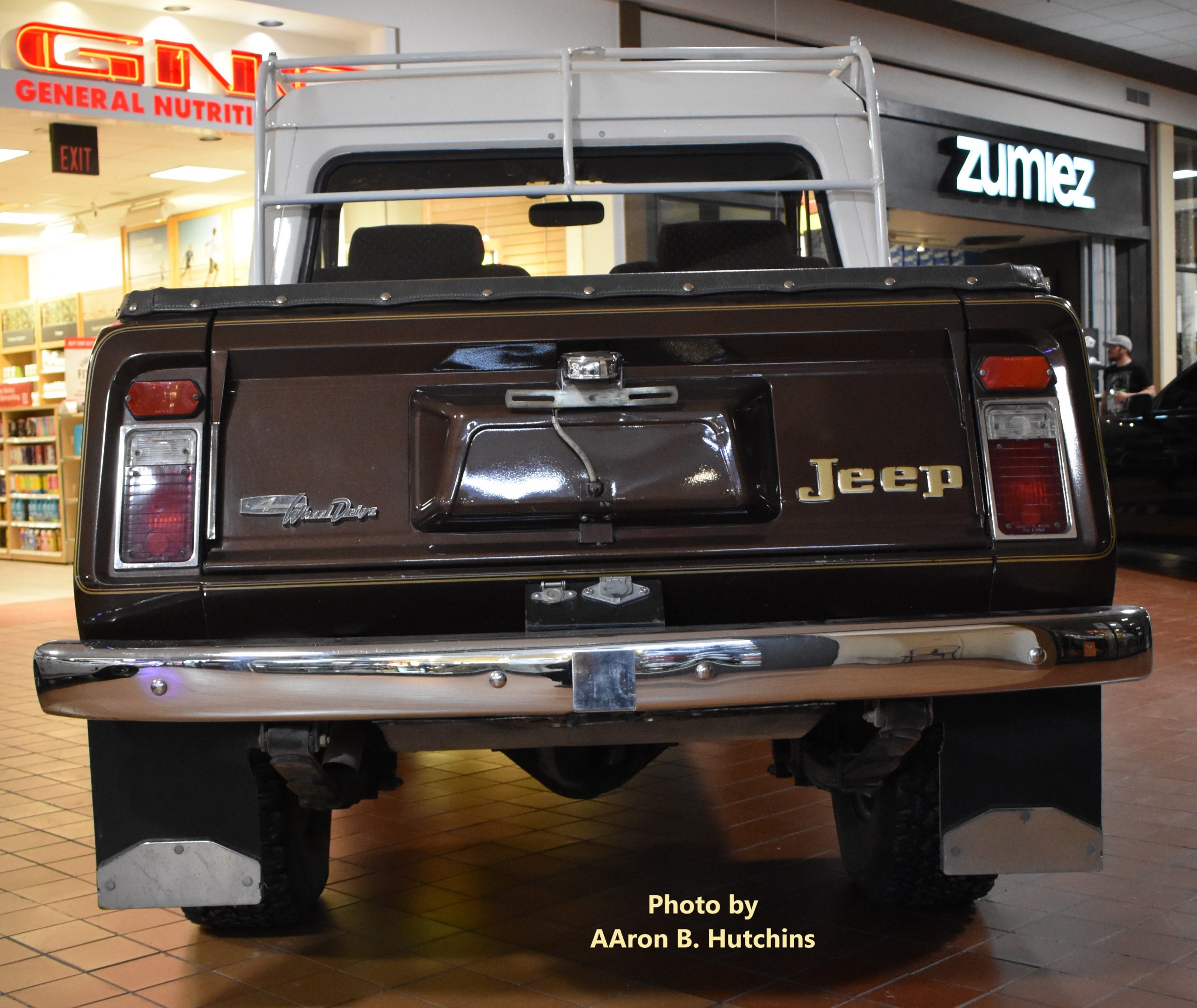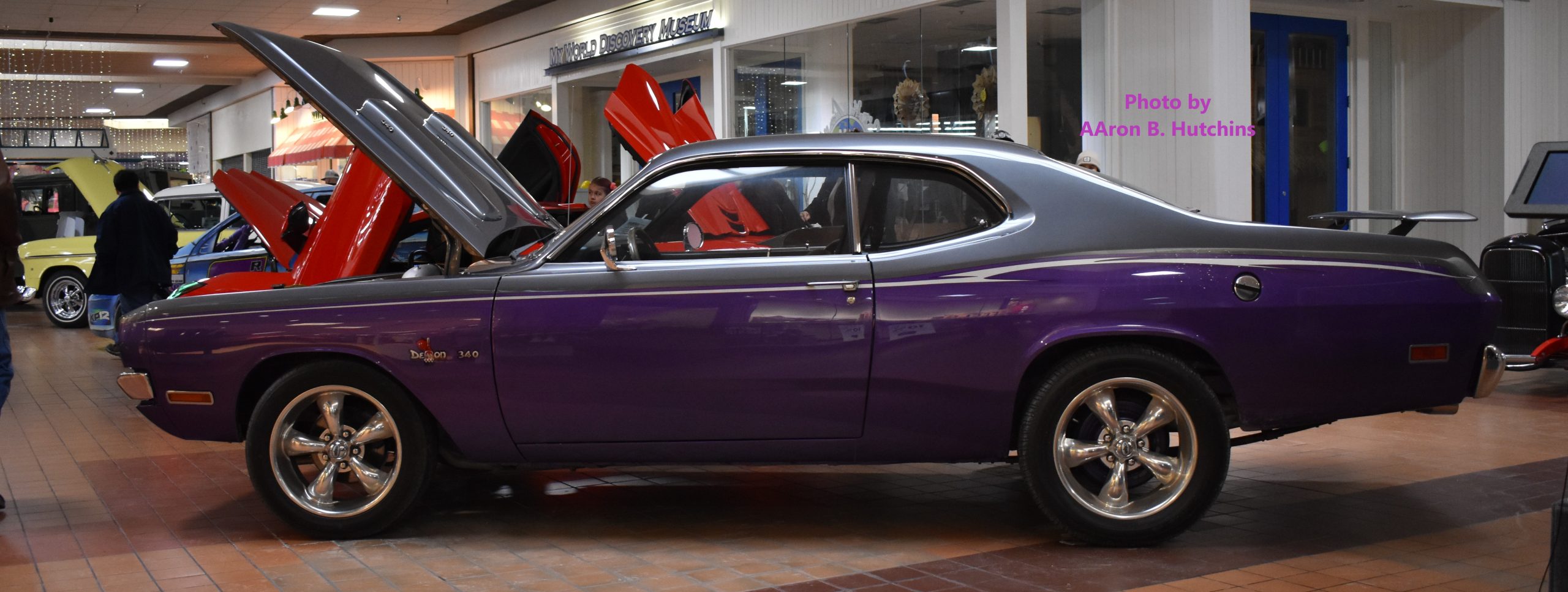“….those with high occupancies, solvent anchor tenants, good population density and access to affluent shoppers, as stable, low-risk, income-producing assets and will pay up for them today. Poor quality malls, on the other hand, are either not trading or selling at a steep discount, and perhaps are scheduled for demolition or conversion.”-Ryan McCullough, Property and Portfolio Research
21 October 2012
Back in February 2012, it was announced that General Growth Properties (the largest mall owner in the U.S., and also struggling) bought eleven Sears owned and leased anchor stores at various GGP malls throughout the United States.
According to a Wall Street Journal article, the overwhelming majority of the $270 million USD paid for those 11 Sears stores, is going towards just one store at the GGP mall in Honolulu, Hawaii.
Even though the Hawaii Sears store was the jewel of the deal, GGP wants to shut it down: “General Growth intends to eventually raze the store and build in its place several smaller shops, which deliver more rent in aggregate than department stores.”-Wall Street Journal, 23 February 2012
Other reports say all 11 Sears stores bought by GGP will be closed by the end of 2013: “The stores will continue to operate as Sears locations into 2013 with final closing dates to be determined and announced later this year.”-RetailTraffic, 23 February 2012
So the purchase of Sears owned and leased anchor stores, by GGP, was not an effort to save those stores, but part of bigger plan to shut down big department stores (except for WalMart of course).
According to a 03 October 2012 article by CoStar Group (a commercial real estate information company), what’s happening with Sears and Kmart is part of a much bigger plan to drastically change up shopping malls and plazas in the United States: “I don’t think we’re overbuilt, I think we’re under-demolished……there are projects that are not going to lease. Retail has a finite lifespan and once you reach that lifespan, you can put up all the signs you want, and charge as low rent as you want, but that doesn’t make tenants want to take the space.”-Daniel Hurwitz, DDR Corp (formerly Developers Diversified Realty Corporation)
Big corporate retail property owners are also known as Real Estate Investment Trusts (REIT), for tax reasons. GGP, as are other mall/plaza owners, is a REIT.
According to the CoStar article, REITs claim that traditional malls/plazas/stores only do well in areas with high population and a relatively high level of income for the people who live there. Does that leaves most of Idaho out?

Foothills Plaza, Pocatello, Idaho. What'll happen when the WinCo moves from here to their new location in the Alameda Plaza?
GGP owns malls in Idaho Falls, Chubbuck, Boise and Coeur D Alene, plus Alameda Plaza (aka Old Fred Meyer store) in Pocatello (some hope there is that it’s now the site of the new bigger WinCo store). Boise might be the only area of Idaho that meets REIT description of a successful commercial area; Boise is a “lifestyle & power center”.

Fading Pine Ridge Mall, Chubbuck, Idaho. Some hope, this anchor store is the new home to upscale Herbergers (never heard of them).
According to CoStar Group data, regional malls, power centers and community center properties averaged a vacancy rate of 50.6%! But the bigger malls did not enjoy less vacancy; super-regional malls averaged 54.5% vacancy!
The problem, according to most vulture REIT crony capitalists is location, location, location. Most retail operations are now located in parts of the country where personal incomes are down, hence shopping is down (in a round-a-bout way the vulture capitalists are blaming you the shopper, never mind the fact that vulture crony capitalism is what’s causing most people to lose jobs or see their incomes go down).
“When you have tenants looking for space and nothing new being built, and we’re sitting at mid-90% occupancy levels, it’s hard to argue we’re overbuilt when they’re scrambling to find 10,000 square feet.”-Daniel Hurwitz, DDR Corp
What Hurwitz is saying is that there’s plenty of empty stores for rent, but retail tenants don’t like what is available. Those potential tenants are basing their preferences on what they perceive to be what shoppers want.
To make matters worse, the closing down of Sears, Kmart, The Gap and Office Max stores will add another 15 million square feet of available store space to the flooded commercial real estate market!
Moody’s Investors Service pointed out that malls located in lifestyle & power centers continue to make profits, while malls outside those areas are losing money and will continue to lose money. Also, it’s probably not worth trying to rebuild those malls located outside of lifestyle & power centers: “Renovating or reconfiguring an underperforming mall may cost many millions……What’s more, should the location lose its viability for retail altogether, the value to revert to land less demolition cost will produce an even greater loss.”-Tad Philipp, Moody’s
In other words, these vulture REIT crony capitalists don’t think things are going to improve for areas outside the lifestyle & power centers anytime soon.
As I quoted Ryan McCullough at the beginning of this article, new retail businesses need to be located where there’s a lot of people, and those people have high levels of income. So what we’re seeing, with the closing down of many iconic U.S. retail businesses, is part of the bigger plan of those Mitt Romney style vulture crony capitalists who are simply, in their minds, following the big revenue money from the big income consumer (rich people living in those lifestyle & power centers).
Here’s the list of 11 Sears stores now owned by GGP:
Iowa: Coral Ridge Mall, and Mall of the Bluffs
Texas: The Woodlands Mall
Florida: West Oaks Mall
Utah: Fashion Place, and Provo Towne Centre (note the evil British empire way of spelling town & center)
Oklahoma: Quail Springs Mall
Hawaii: Ala Moana Center
Washington: Bellis Fair Mall
Minnesota: Apache Mall
Illinois: Market Place Shopping Center
 AN IDAHO DRIFTER
AN IDAHO DRIFTER














